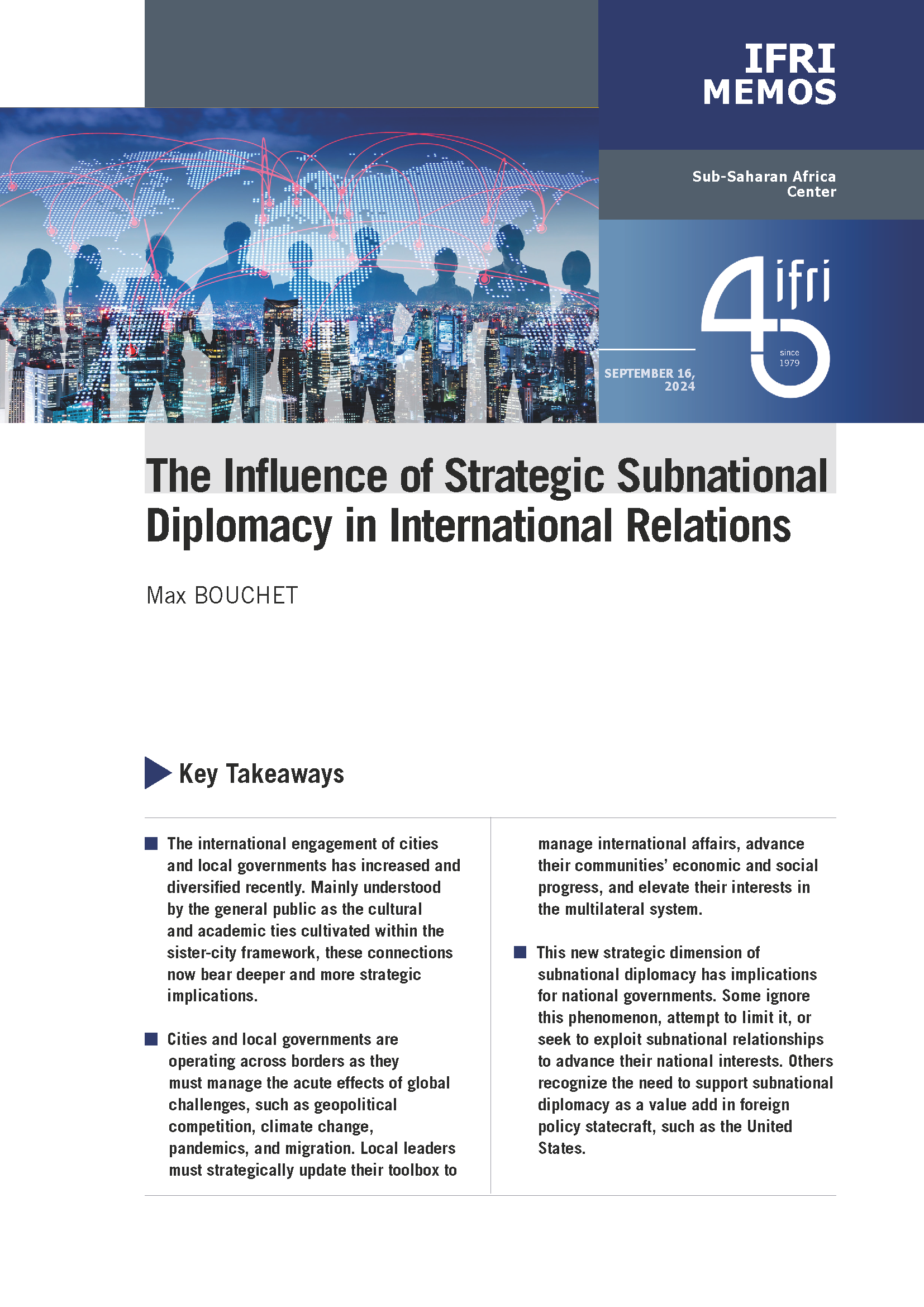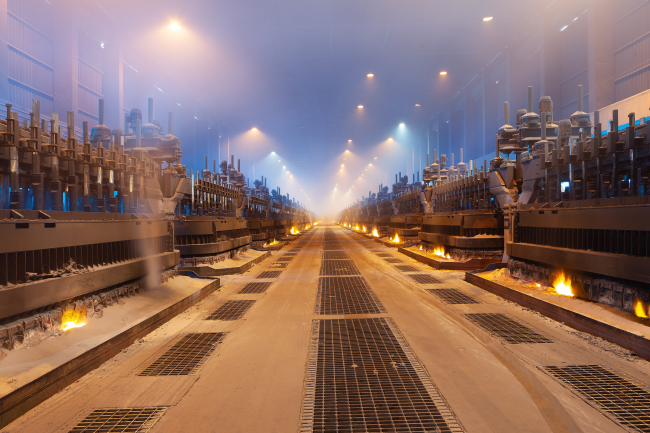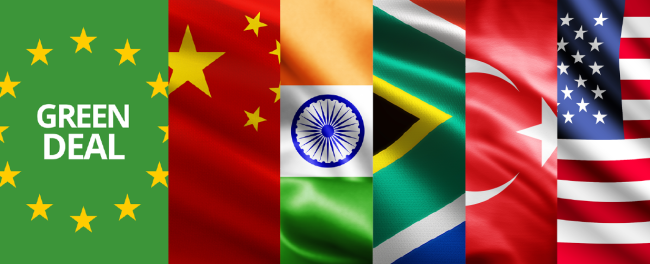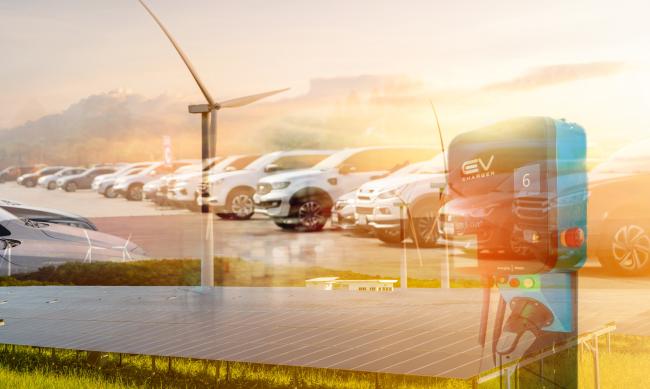The EU Electricity Policy Outlook for the Smart Grid Roll-Out

The energy transition from a socio-economic system based on fossil fuels to a sustainable low-carbon system is a multi-facetted process. This “transformation” of the energy system, more specifically of the power system, creates several challenges.
These concern in particular the connections with the existing electricity infrastructure of new renewable power sources and the distribution of generating systems, together with automated grid assets and smart meters. The European energy transition is based on two different revolutions: i) the “post-World War II” industrial investment recovery, when electricity systems were built; and ii) the “Information Technology” revolution that is bringing new communication and connection modes to the grid.
There is no unique path towards a decarbonised electricity system. The implementation of this development depends on the current local configuration of electricity grids, the interaction between grid operators, the generation mix, the availability of backup generation capacities and the level of cross-border interconnections. Moreover, this evolution impacts the roles of all actors of the energy system, in particular those of Transmission System Operators (TSOs), of Distribution System operators (DSOs) and of National Regulatory Authorities (NRAs).
Besides the technical challenge, the Energy transition requires the transformation of business models designed as platforms, which are able to integrate different levels of stakeholders, whereas in the past, utilities were based on vertical, public monopoly structures that were often paid based on cost-of-service rules. The traditional utility models were characterised by centralised governance but as a result of technological changes, this system is making way for a more horizontal and multilateral governance. The role of consumers is also changing, with new attributes in particular with regards to demand-response measures.
The purpose of this paper is to analyse the key structural developments behind the European energy transition, as well as the main regulatory and policy challenges linked to the transformation of the system.
Please download the PDF paper to read the full text:

Also available in:
Regions and themes
ISBN / ISSN
Share
Download the full analysis
This page contains only a summary of our work. If you would like to have access to all the information from our research on the subject, you can download the full version in PDF format.
The EU Electricity Policy Outlook for the Smart Grid Roll-Out
Related centers and programs
Discover our other research centers and programsFind out more
Discover all our analysesThe Aluminum Value Chain: A Key Component of Europe’s Strategic Autonomy and Carbon Neutrality
The United States of America (US), Canada and the European Union (EU) all now consider aluminum as strategic. This metal is indeed increasingly used, especially for the energy transition, be it for electric vehicles (EVs), electricity grids, wind turbines or solar panels.
The EU Green Deal External Impacts: Views from China, India, South Africa, Türkiye and the United States
Ahead of June 2024 European elections and against the backdrop of growing geopolitical and geoeconomic frictions, if not tensions, between the EU and some of its largest trade partners, not least based on the external impacts of the European Green Deal (EGD), Ifri chose to collect views and analyses from leading experts from China, India, South Africa, Türkiye and the United States of America (US) on how they assess bilateral relations in the field of energy and climate, and what issues and opportunities they envisage going forward.
Electric Vehicles: A Strong and Still Understated Performance
Electric vehicles (EVs) are better for the climate – even in worst-case scenarios. Across its life cycle, a typical European electric car produces less greenhouse gas (GHG) and air pollutants or noise than its petrol or diesel equivalent. Emissions are usually higher in the production phase, but these are more than offset over time by lower emissions in the use phase. According to the European Environment Agency’s report on electric vehicles, life cycle GHG emissions of EVs are about 17-30% lower than those of petrol and diesel cars.
How Can the Green Deal Adapt to a Brutal World?
The European Green Deal has not been planned for the current extraordinarily deteriorated internal and external environment. Russia’s war in Ukraine, higher interest rates, inflation, strained public finances, weakened value chains, and lack of crucial skills pose unprecedented challenges.












